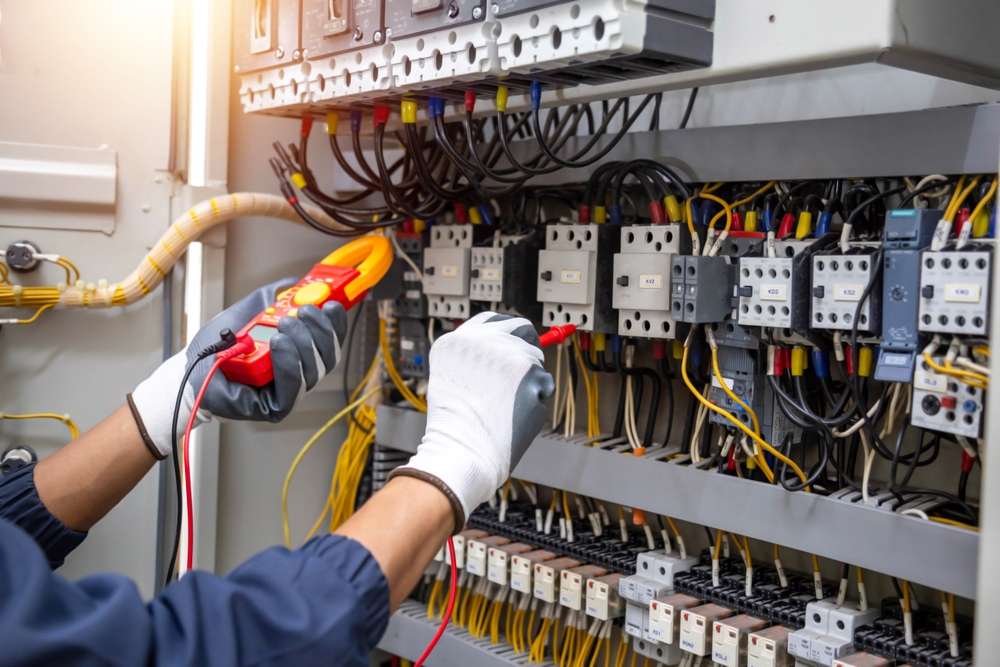Portable Backup Generators in South Africa – Uses and Safety Considerations
Portable backup generators in South Africa are used as an alternative power source during electricity interruptions. These units are designed for flexibility and can be applied in residential, commercial, or outdoor settings. Key considerations include safe operation, fuel handling, ventilation, and compliance with local regulations to ensure stable and responsible use.

Types of Portable Generators Available in South Africa
Petrol generators remain the most common portable backup solution, offering flexibility and relatively lower initial costs. Diesel generators typically provide longer running times and better fuel efficiency for extended use. Inverter generators, while more expensive, deliver cleaner power suitable for sensitive electronics. Each type serves specific needs, from basic lighting and refrigeration to powering complex business operations.
Safe Operation and Fuel Management Guidelines
Proper fuel handling forms the cornerstone of generator safety. Store fuel in approved containers away from living spaces and heat sources. Regular maintenance includes checking oil levels, cleaning air filters, and inspecting fuel lines for wear. Never refuel a hot generator and maintain appropriate fuel reserves based on anticipated usage periods. Implement a maintenance schedule to ensure reliable operation during power outages.
Essential Ventilation Requirements
Adequate ventilation prevents the dangerous buildup of carbon monoxide. Install generators outdoors in well-ventilated areas, maintaining a minimum distance of 5 meters from buildings and windows. Never operate generators in enclosed or partially enclosed spaces, including garages. Install carbon monoxide detectors in adjacent indoor areas as an additional safety measure.
Applications Across Different Settings
Residential applications typically focus on powering essential appliances like refrigerators, lighting, and security systems. Businesses often require larger capacity generators to maintain operations, including computer systems, manufacturing equipment, and climate control. Outdoor applications range from construction sites to events, each requiring specific configurations and safety considerations.
Regulatory Compliance for Generator Installation
South African regulations require adherence to specific safety standards when installing and operating generators. The Occupational Health and Safety Act mandates proper electrical connections and safety mechanisms. Professional installation by certified electricians ensures compliance with local bylaws and national standards, including appropriate circuit protection and transfer switch installation.
Generator Types and Estimated Costs in South Africa
| Generator Type | Capacity Range | Estimated Price Range (ZAR) | Typical Applications |
|---|---|---|---|
| Petrol Portable | 2-7 kVA | 3,000 - 15,000 | Home backup, small business |
| Diesel Portable | 5-10 kVA | 15,000 - 40,000 | Medium business, construction |
| Inverter | 1-3 kVA | 8,000 - 25,000 | Electronics, sensitive equipment |
Prices, rates, or cost estimates mentioned in this article are based on the latest available information but may change over time. Independent research is advised before making financial decisions.
Portable backup generators provide essential power solutions during outages, but their effectiveness depends on proper selection, installation, and operation. Understanding and implementing safety protocols, maintaining adequate ventilation, and ensuring regulatory compliance are crucial factors in maximizing the benefits while minimizing risks associated with generator use in South African contexts.




